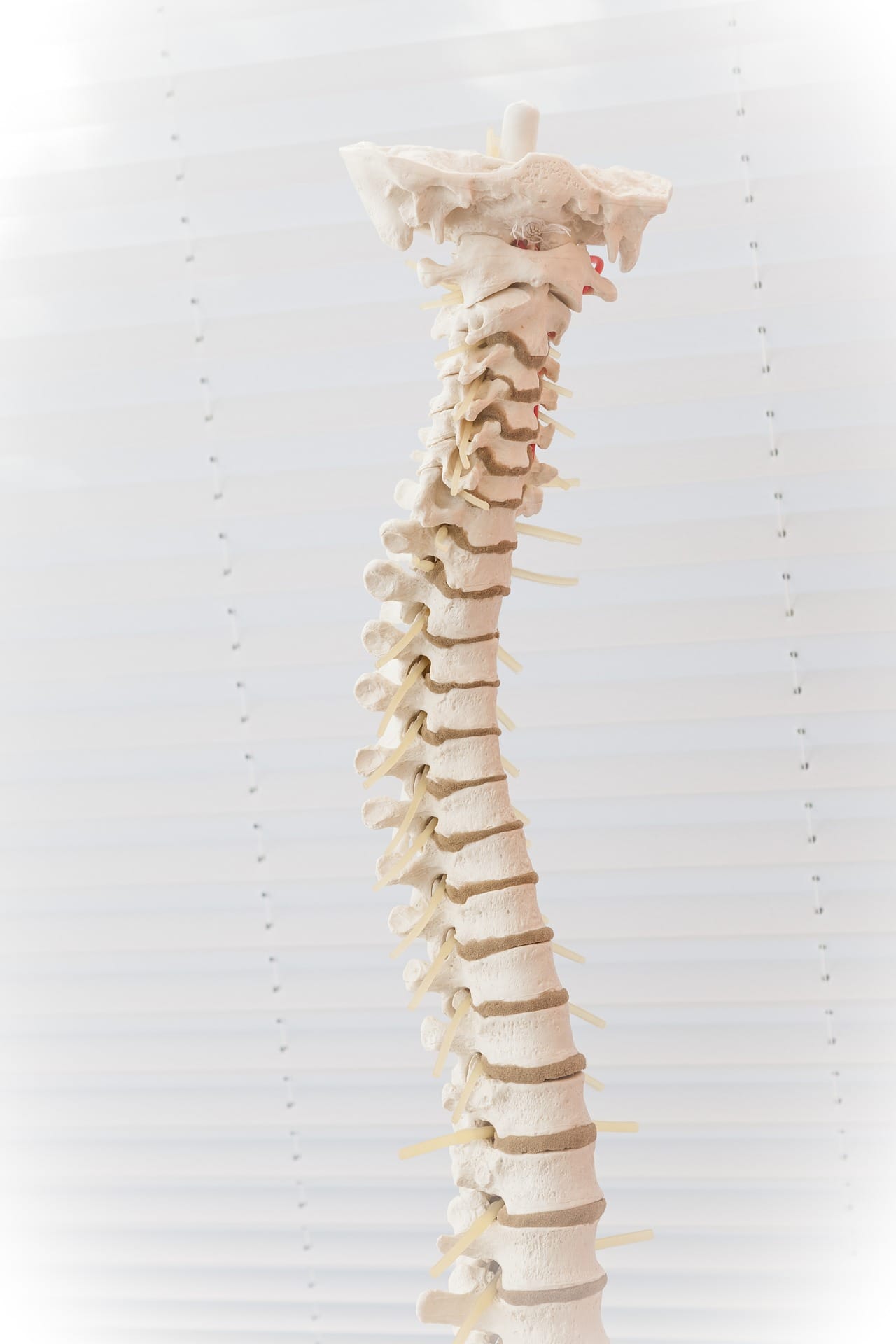
Anesthesiologists commonly perform spinal blocks for a multitude of procedures, including lower body surgeries involving the genitourinary tract, orthopedic surgeries like knee replacements, lower abdominal surgeries, and cesarean sections. Spinal anesthesia involves the single injection of medication into the intrathecal space — into the fluid surrounding the spinal cord — to cause complete numbness and analgesia from the waist down. The onset of anesthesia is only a few minutes, and the effects can last up to a couple of hours before wearing off without further intervention. Spinal anesthesia is often supplemented with light or moderate sedation for patient comfort, though a spinal block alone is sufficient anesthesia for an operation. Spinal blocks offer reliable and rapid onset anesthesia and are a safe and effective alternative to general anesthesia.
The technique for administering spinal anesthetics involves palpating for landmarks and identifying an appropriate space along the vertebral column, usually the L3-L4 or L4-L5 intervertebral spaces at the midline. Once identified, the skin is numbed with local anesthetic, and then the spinal needle is inserted via an introducer needle. When cerebrospinal fluid is aspirated to confirm correct positioning, the medication is injected, the needle is removed, and the procedure is complete.
According to startup company IntuiTap Medical, this current technique is “highly unpredictable and requires significant guesswork.” This can be even more pronounced when the bony landmarks are difficult to palpate, such as in obese patients or patients with scoliosis or history of spinal surgeries. As a result, multiple attempts may be necessary to correctly identify the intrathecal space, resulting in a distressing experience for the patient and physician, as well as increased risk of post-dural puncture headaches. These complications can increase risk of readmission and threaten patient satisfaction.
IntuiTap has created a handheld device that integrates imaging of the spine with needle guidance and analytics to increase first-pass success. The device enhances palpation by showing a real-time image of the underlying vertebrae on a handheld LCD screen and projecting, using a proprietary algorithm, exactly where the needle will end up if inserted at that location. A digital pressure sensor confirms positioning of the needle and measures opening pressure, obviating the need for a separate and cumbersome manometer.
The company was co-founded by its CEO Jessica Traver and CTO Nicole Moskowitz, both of whom were featured in Forbes annual list of 30 under 30 for healthcare. Over the past year, IntuiTap has started seed funding rounds and has been awarded space at Johnson & Johnson Innovation’s JLABS and taken part in TMCx and MedTech Innovator accelerator programs.

